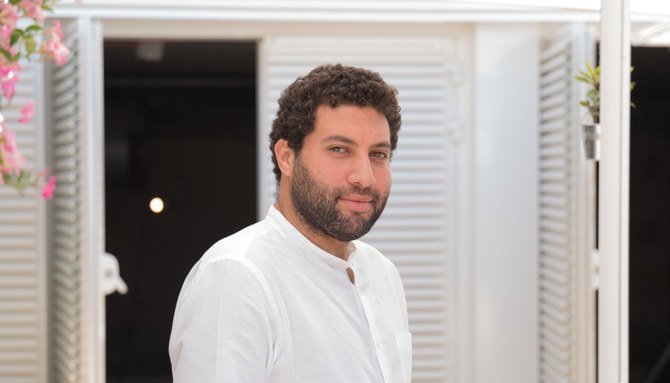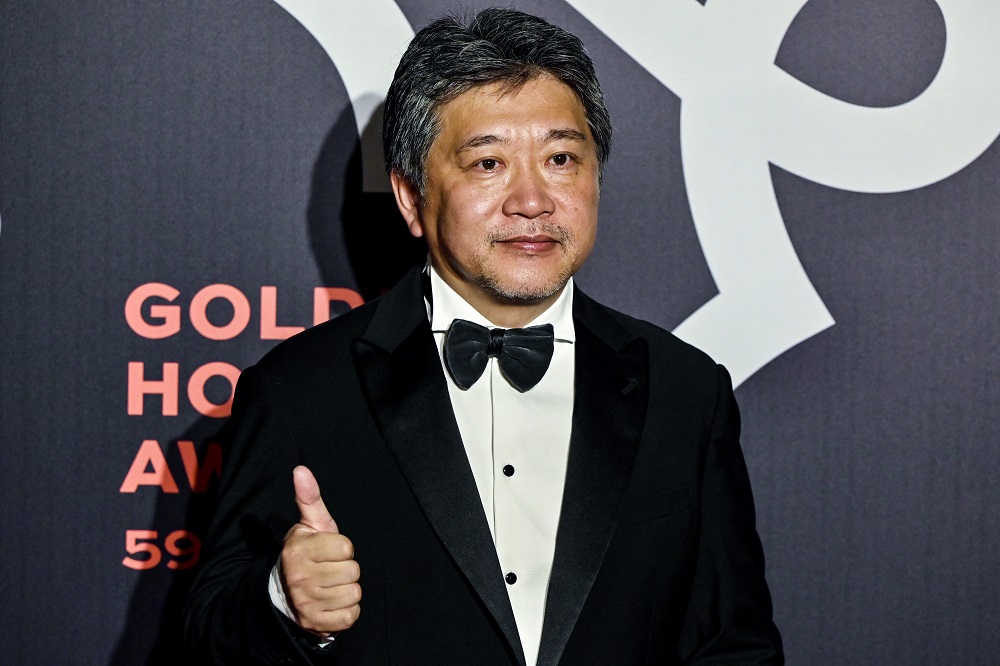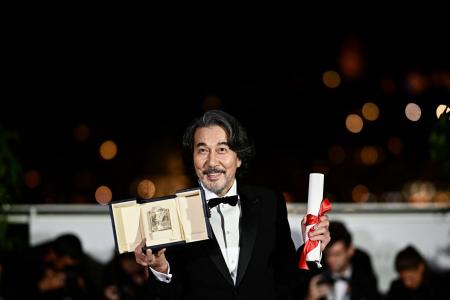William Mullally
DUBAI: When Omar El-Zohairy stood on stage at the Cannes Film Festival last month, accepting the Grand Prize at the fest’s Critic’s Week for his first feature film “Feathers,” it was one of the proudest moments in Egyptian cinema’s storied history. In that instant, a singular filmmaker gained the international recognition that the country’s most popular art form has rarely gotten, for a film like no other.
“I was honestly so surprised,” El-Zohairy tells Arab News. “Egyptian cinema never gets big awards like this in Cannes. They’ve always respected Egyptian cinema, but they don’t give us awards. It was really overwhelming for me. It took me time to realize what’s happening. It was kind of a dream.”
For El-Zohairy, what allowed that moment to happen was not his years of striving for validation. In fact, it was the opposite. El-Zohairy reached this moment because he finally stopped assessing his entire self-worth by his art, and finally learned to trust his gut.
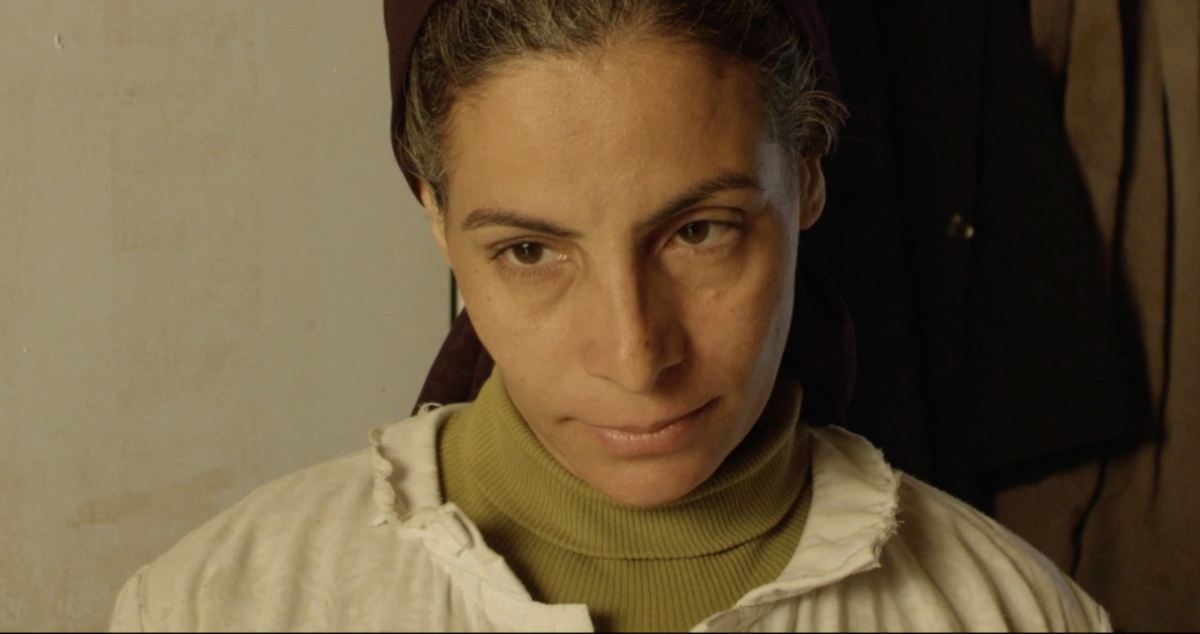
“Feathers” is a black comedy. (Supplied)
“In the past, I was putting too much pressure on myself. I was trying to use my films as an evidence to myself that if I make a good film, this means I’m a good person. Now I’m the opposite. I have my own personal life, and films are just part of my life. I’m finally ready to express myself freely,” he explains.
This is not the first time that El-Zohairy has caught the eye of the world’s most prestigious film festival. In 2014, his second short film “The Aftermath of the Inauguration of the Public Toilet at Kilometre 375,” — which he affectionately calls “the one with the long title” — was the first Egyptian film to be selected for the Cinéfondation competition, and while his talent was clear, deep down he did not believe he was yet capable of creating a great feature. He decided the only way to move forward was to stop worrying about whether he could or couldn’t, and instead rely on his instincts like never before.
“I said to myself, ‘When the first idea comes to my mind that my intuition tells me is a good idea, I will make it work,’” he says.

“Feathers” uses the absurdity of El-Zohairy’s original idea to provide an entry way into the very real suffering of women in rural parts of Egypt. (Supplied)
That idea, when it came, was simple, although he did not completely understand why he was drawn to it.
“The image that came to my head was of a woman whose husband becomes a chicken. She suffered a lot, and when he comes back, she kills him.”
That’s the basic premise of “Feathers,” a black comedy that uses the absurdity of El-Zohairy’s original idea to provide an entry way into the very real suffering of women in rural parts of Egypt.
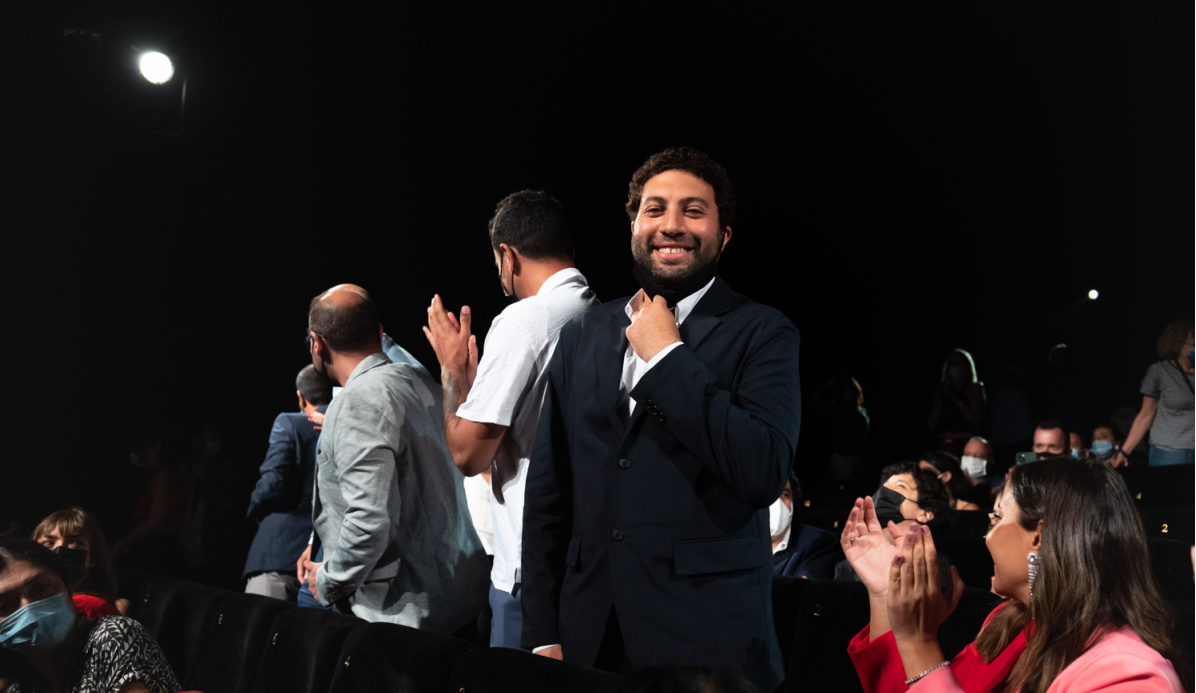
El-Zohairy is part of a generation of Egyptian filmmakers who are building a community and a financial support system that is giving them the courage to find their own voices.(Supplied)
The film has a visual sense all its own, a tone and candor that signal the emergence of a great new stylist, all combined with the dramatic accuracy of cinema verité that only amateur actors can deliver.
To add to that realism, El-Zohairy didn’t even give his actors a full script. That was partly a deliberate choice by the director, but partly it was down to necessity.
“Some of the actors in the film can’t read,” he explains. “They are not educated. The main actress (Demyana Nassar) doesn’t know how to read or write, as she’s from a very remote village where they don’t go to school. But this was a choice too, because I didn’t want them to be actors, I wanted them to be themselves.”
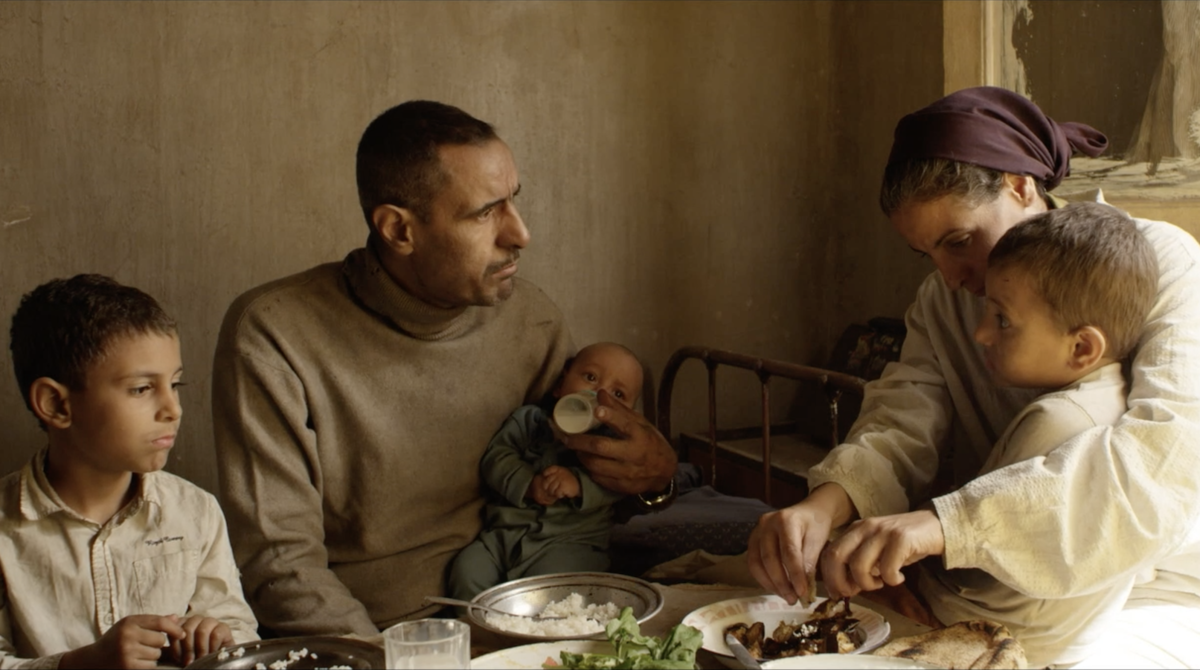
The film has a visual sense all its own, a tone and candor that signal the emergence of a great new stylist, all combined with the dramatic accuracy of cinema verité that only amateur actors can deliver. (Supplied)
Like many regional filmmakers, El-Zohairy was first inspired by the films of legendary Egyptian director Youssef Chahine, who died 13 years ago. But El-Zohairy believes that the reason that the filmmakers who followed in his footsteps rarely reached the same heights is that they were not trying to be themselves — they were trying to be Chahine, often to please hypothetical audiences from abroad.
“Chahine had his own identity, but people just tried to copy his identity rather than learn from it,” El-Zohairy says. “We tried to please the West with works that are not original. We were stuck in a place where we were not clear about who we are and what we want to do. It was not cinema.”
There are many exceptions to that rule — El-Zohairy cites several filmmakers he feels may have deserved the platform he’s currently getting just as much as he does, including Osama Fawzy, an unheralded, iconoclastic filmmaker who died in 2019 at the age of 58. But there is definitely something different about this moment.
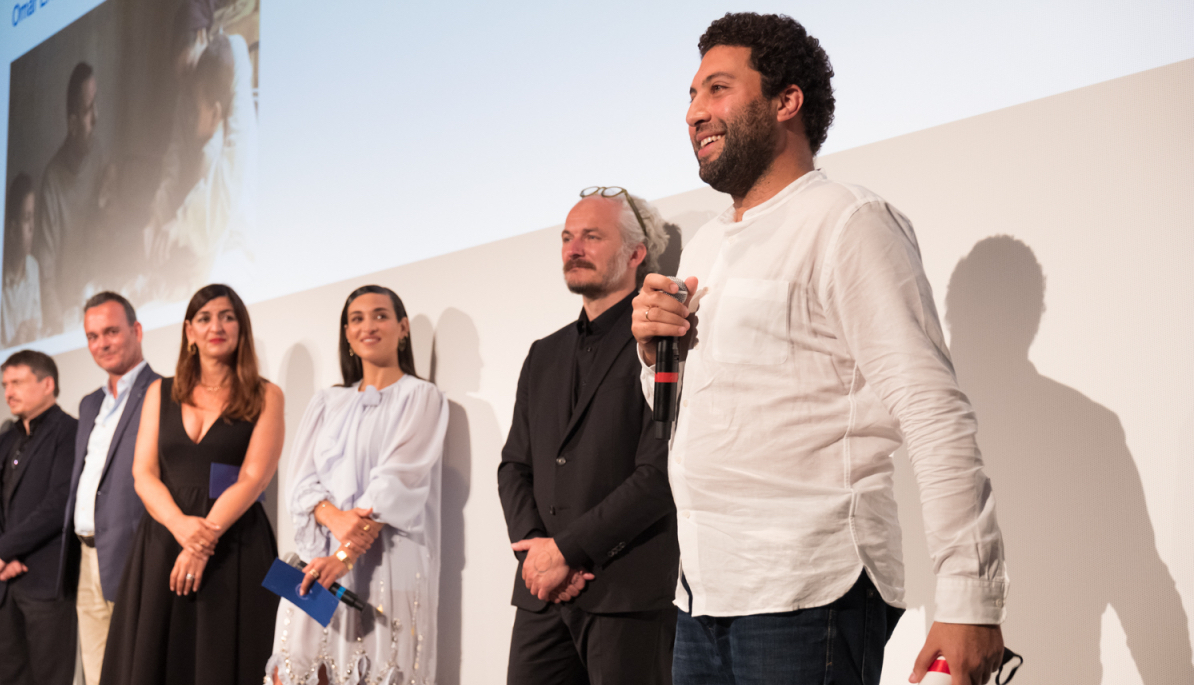
Like many regional filmmakers, El-Zohairy was first inspired by the films of legendary Egyptian director Youssef Chahine, who died 13 years ago. (Supplied)
El-Zohairy is part of a generation of Egyptian filmmakers — bolstered by producers such as Mohamed Hefzy of the Cairo-based production company Film Clinic and platforms such as Cannes — who are building a community and a financial support system that is giving them the courage to find their own voices, perhaps leading Egypt into a new golden age of filmmaking.
These filmmakers, however, are not turning their backs on the past. El-Zohairy is keenly aware that when he is able to let go of his anxieties and rely on his intuition, the voice deep inside himself — the voice he calls his own — is an Egyptian voice, shaped by other powerful Egyptian voices who may not have had the same freedoms he is finding.
“When I got this award, I said to the audience, ‘Go (see our films),’ because Egyptian cinema deserves to be discovered. I am a product of our cinema, I like our cinema, I have always watched everything I could. I learned the tools in our own film schools. I know this culture, and, my film is really full of Egyptian culture. It’s Egyptian deep down in its bones. But as much as we honor the past, there really is something happening now, in such a good way.”
As El-Zohairy takes the lessons that he’s learned with “Feathers” and applies them to his next feature, which is currently in the planning stages, he’s equally focused on making sure his lessons are learned by others too. What El-Zohairy wants is a generation of Egyptian filmmakers who trust themselves, with as many diverse and varied voices as possible.
“I don’t want to help from a technical point of view, because they can learn that stuff on YouTube. What I really want is to influence others so that they can make their own films with the same idea of intuition. I want to give them some hope and say, ‘Guys, you don’t need to stress.’ There are a lot of talented people, but they are not ready enough to express their ideas because they are shy, or they are not confident,” he says. “This is what I want to help them overcome, just like I did.”



